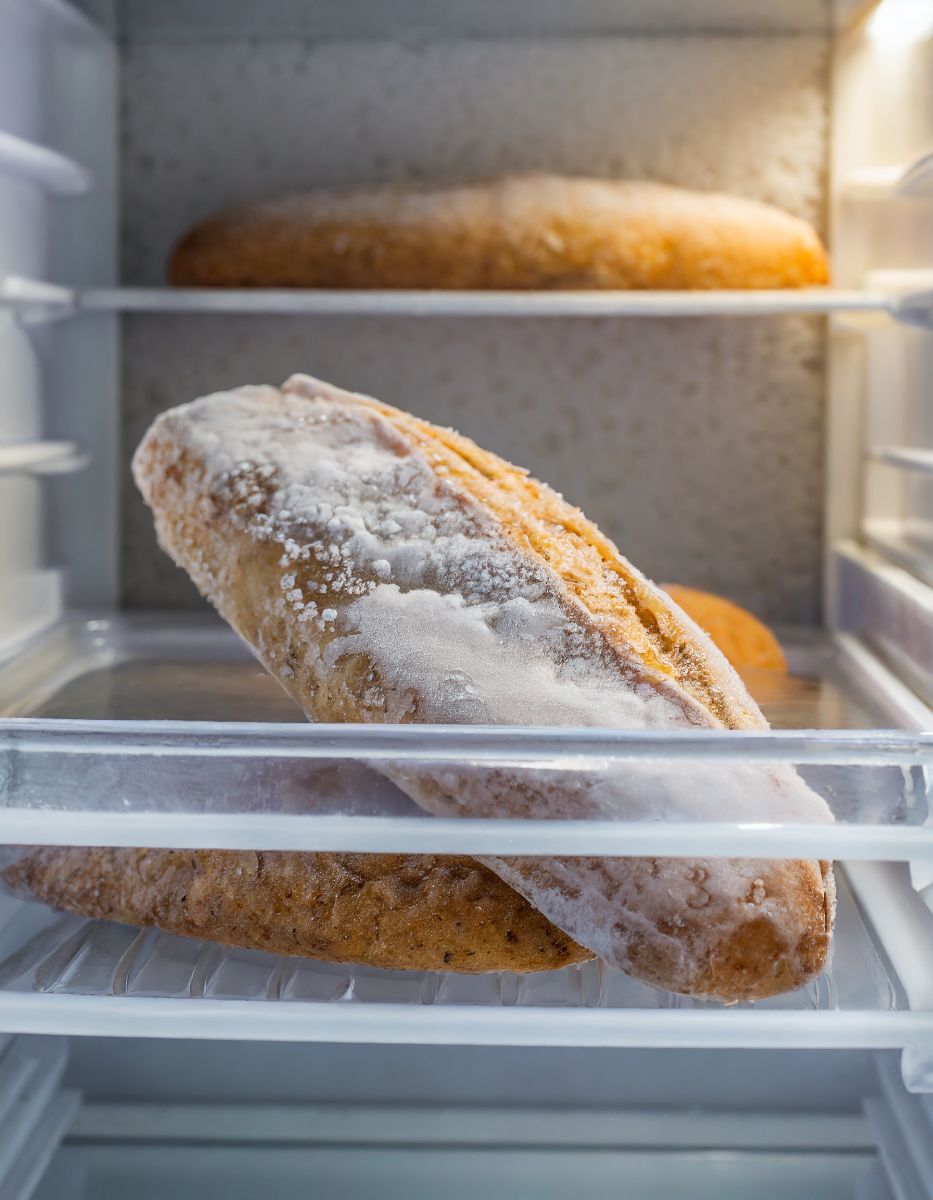ADVERTISEMENT

Many people enjoy the taste of homemade bread due to its freshness and lack of preservatives compared to store-bought alternatives. However, the absence of these preservatives means that homemade bread does not last as long before going stale or growing mold. An effective solution to prolong the shelf life of bread is freezing, a method often employed to retain the bread’s quality over a more extended period.
The notion of freezing bread is not new; it’s a time-tested technique that households use to keep their bread tasting fresh for days or even months after it is baked. But how effective is this method? And more importantly, how long does bread actually last in the freezer? To answer these questions, we can delve into the science of freezing bread and what best practices can ensure your loaf remains as delicious as the day it was baked.
Advertisement
How Freezing Affects Bread
When bread is frozen, the low temperatures put a halt to the enzyme activity that can lead to staleness and mold growth. This preserves the bread in a state akin to “suspended animation,” maintaining its moisture content and freshness. Here is how the process unfolds:
1. Freezing preserves the bread’s current state, preventing the propagation of mold and staling, which is essentially the starch molecules in the bread recrystallizing over time.
2. For best results, the bread should be sliced before freezing, allowing you to thaw only what you need at a given time.
3. It’s crucial to wrap the bread properly in order to prevent freezer burn—a phenomenon that can zap the moisture from your loaf, leaving it dry and tasteless.
Optimal Shelf Life of Frozen Bread
To answer the question posed by my cousin: yes, bread can last in the freezer for a good three months without a significant loss in quality. The time can be broken down as follows:
1. For the first few weeks up to a month, you can expect the bread to taste virtually identical to its original state.
2. From one to three months, the bread should still maintain a good taste and texture, although slight changes might be noticeable, particularly if the bread was not sufficiently protected from freezer burn.
3. Beyond three months, while still safe to eat, the bread’s quality may decline, and flavors can become more muted as a result of long-term storage in the freezing conditions.
Best Practices for Freezing Bread
To maximize the shelf life and quality of your frozen bread, consider the following essential tips:
1. Freeze bread as soon as possible after baking and cooling to capture its peak freshness.
2. Wrap the bread tightly in plastic wrap or aluminum foil. You can then place the wrapped bread in a freezer bag, squeezing out as much air as possible before sealing.
3. Label your bread with the freezing date so you can keep track of how long it has been stored.
4. Thaw slices as needed rather than the entire loaf to avoid repeated freeze-thaw cycles which can degrade the bread’s quality.
In conclusion, while my cousin’s claim holds truth, the nuance is in the handling and the freezing process itself. Ensuring that bread is properly stored and used within an optimal timeframe can be the difference between a slice that tastes just-baked or one that’s merely passable. By following the best freezing practices, you can enjoy your homemade bread for up to three months, and sometimes even longer, without compromising on taste and texture.

